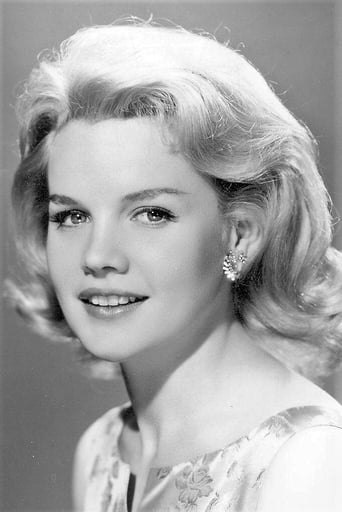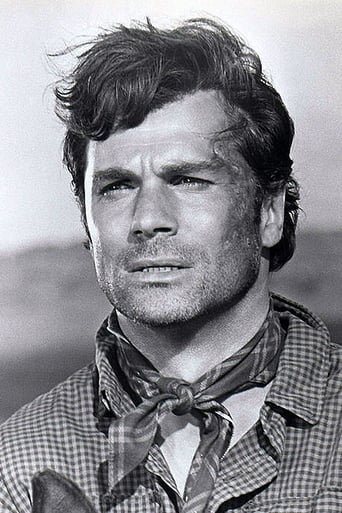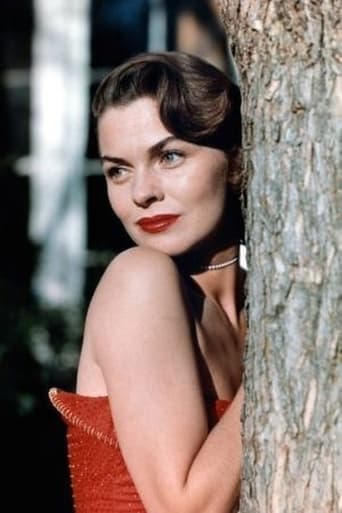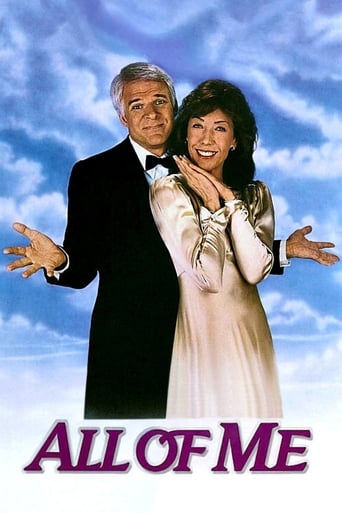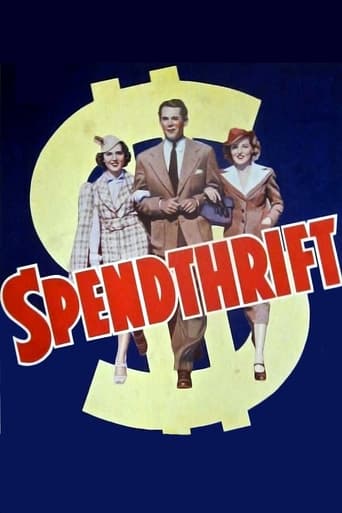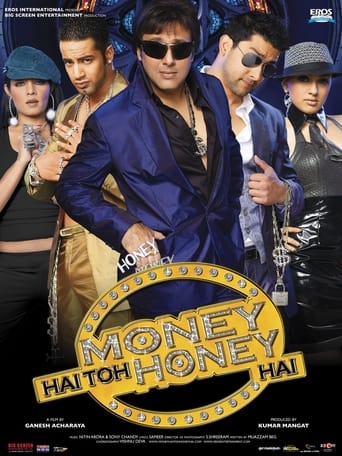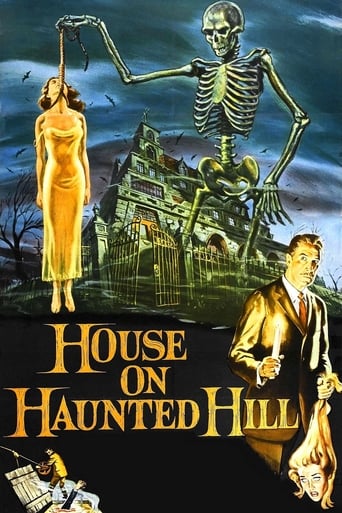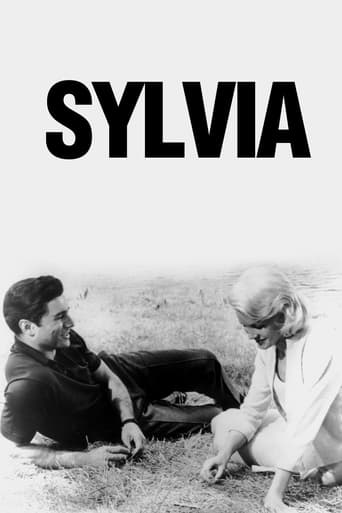

Sylvia (1965)
Sylvia West (Carroll Baker) may not be who she says she is. Her fiancé, the very well-to-do Frederick Summers (Peter Lawford), hires an investigator named Alan Maklin (George Maharis) to do some digging, and what he finds out about her life prior to becoming a writer is quite shocking. Will the newfound knowledge ruin the marriage? Gordon Douglas (Young at Heart) directs this drama, which is based on E.V. Cunningham's book.
Watch Trailer
Cast
Similar titles
Reviews
Excellent but underrated film
Let me be very fair here, this is not the best movie in my opinion. But, this movie is fun, it has purpose and is very enjoyable to watch.
The film never slows down or bores, plunging from one harrowing sequence to the next.
One of the worst ways to make a cult movie is to set out to make a cult movie.
Private eye George Maharis is hired by wealthy Peter Lawford to find out all he can about future wife Carroll Baker (a poetess with a very mystery bio). Maharis finds a slew of lurid details about Baker ranging from rape to prostitution to blackmail. Director Gordon Douglas and scriptwriter Sydney Boehm have Baker climb from a Dante's Inferno of nightmares before achieving respectability. Maharis encounters one loony character after another. There's blowzy Ann Sothern, sassy showgirl Nancy Kovack, sleazy Edmond O'Brien, and ex-prostitute Joanne Dru. Also in the mix is saintly librarian Vivica Lindfors and not so saintly transvestite pimp Paul Gilbert (as Lola Diamond). It's all fairly silly as opposed to compelling with Maharis making a dull leading man. Baker does not have the carriage to be particularly convincing as a poetess! There is a great music score by David Raskin and stellar cinematography by Joseph Ruttenberg. Aldo Ray, Val Avery (as one of Baker's unlucky johns) and Lloyd Bochner (as a very brutal john) are in it too.
The filmic trope of presenting a mystery woman to the viewer through the recollections of her friends and lovers has a long history. Perhaps "Laura" is the most famous. A much lesser-known one is the British "Woman in Question." "Sylvia" is in that tradition: a wealthy man wants to find out about the background of his fiancée, Sylvia, so hires a private detective to investigate. As the P.I. encounters people from Sylvia's past, the stories that they tell him are the flashback elements of the film. There's a very touching episode with Viveca Lindfors, as well as one with Ann Sothern. While the film is somewhat desultory in its pacing, it's got some great folks-Edmund O'Brien, Joanne Dru, etc.--and a suitably disengaged performance from Carroll Baker in the title role. It actually works well for the character, who throughout a series of tawdry experiences has kept a part of herself removed and untouched. We also get to see a well-toned George Maharis with his pajama top off--another reason to catch the film if it ever shows up.David Raksin, who composed the score for "Laura," some twenty years earlier, provides a nice score for "Sylvia" (note the use of the waltz from William Wyler's "Carrie"--also a Paramount film-- in the scene at the restaurant with Sothern and Maharis).
The movie begins well enough and we think we will deal with some Preminger-like mystery ("Laura" "Bunny Lake is missing" "Anatomy of murder") or even a Mankiewicz extravaganza ("the barefoot comtessa").One of the first scenes in the library with Viveca Lindfords is intriguing.The books play a prominent part and there's a strange children's omnipresence.Then the accumulation of melodramatic elements and the abuse of flashbacks end up wearing thin .Interest only occasionally comes back:Ann Sothern's barfly act,her entry in the posh restaurant ,for instance.Carroll Baker only appears in flashbacks in the first hour which preserved her mystery charm.Then,when the private meets her,it peters out.And it's not hard to guess the ending.
Sylvia is of interest for its depiction of themes such as incest and female friendship which would become the focus of attention much later. As stories involving hookers go, this one of a prostitute-turned-poet is non-stereotypical.
